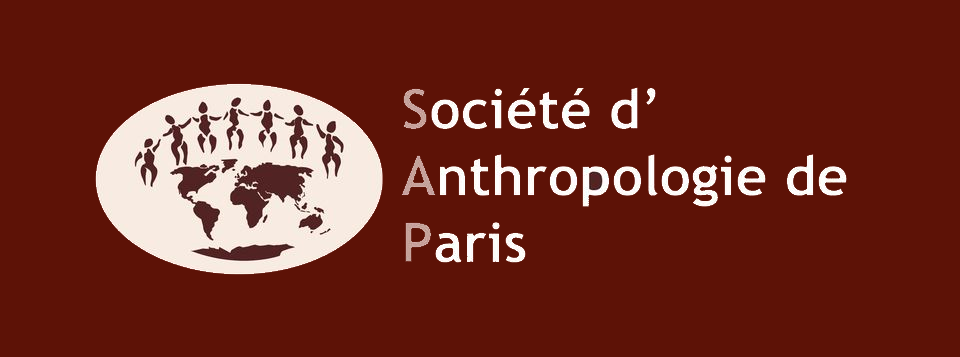January 26-28, 2022 (online)
Theme 1: The diversity of human-animal relationships
Invited speaker: M. NISKANEN - Body size, conformation, athletic ability and temperament of horses have likely affected the human-horse relationship over time -
Throughout their whole history, humans and non-human animals have been involved in a wide array of relationships. Through hunting, gathering and breeding, animal bio-products have provided us with food, clothes and tools. Their physical characteristics, or more simply their companionship, also completed the range of services that we could leverage. Changes in farming and breeding techniques in turn changed the biology of the animals, by promoting the emergence of new forms matching our own purpose. Beyond providing food, strength and services, animals have also inspired artistic, cultural and ritual activities. They played host to a range of zoonotic pathogens, which deeply impacted the demographic course of past and present societies. Together with animal models, the diversity of human-animal relationships have provided scholars with as many opportunities to better understand our own evolutionary history. This session will examine human-animal relationships, including their whole diversity and considering all time periods, and will aim at evaluating their impact on human societies and animals alike.
Scientific Committee: Ludovic Orlando, Morgane Gibert, Clio Der Sarkissian, Gwenaëlle Goude, Olivia Munoz, Bérénice Chamel.
Theme 2 : Diseased bodies
Invited speaker: M. KELLY-IRVING - Why are health and sickness socially patterned across human societies?
Since the end of the 19th century, modern medicine has made extraordinary advances, not least by expanding the life expectancy in western countries. Many recent examples have, however, reminded us the extent of biological and socio-economical inequalities in relation to health. The worldwide covid-19 pandemic has recently put back diseases, care and the management of dead and sick bodies at the centre of our attention. Healthcare, however, shall not be limited to chronic or infectious diseases but shall consider all forms of violence together with their associated risks and consequences. Questioning our relationship to diseased bodies, ie etymologically those diminished bodies, provides an opportunity to better understand how past and modern societies have addressed major challenges: – At the individual level, how did/do we diagnose, treat and cure sick bodies? – At the collective level, how did/do we collectively prevent diseases, treat bodies and contain epidemics? – How did/do sick bodies provide material for investigation? – Beyond the sole experience of sickness, what does the funerary anthropology standpoint on the way dead people are handled during pandemics tell us about our societies? Finally, how did/do innovations in healthcare technologies, contribute to better disease management in past and present societies? This session will examine diseased bodies for what they tell us about individuals and societies, living standards, hygiene, social and biological inequalities.
Scientific Committee: Frederic Savall, Andaine Seguin-Orlando, Delphine Maret, Rozenn Colleter, Sacha Kacki
Theme 3: Scientific breaking news
Scientific Committee |
Organising Committee |



